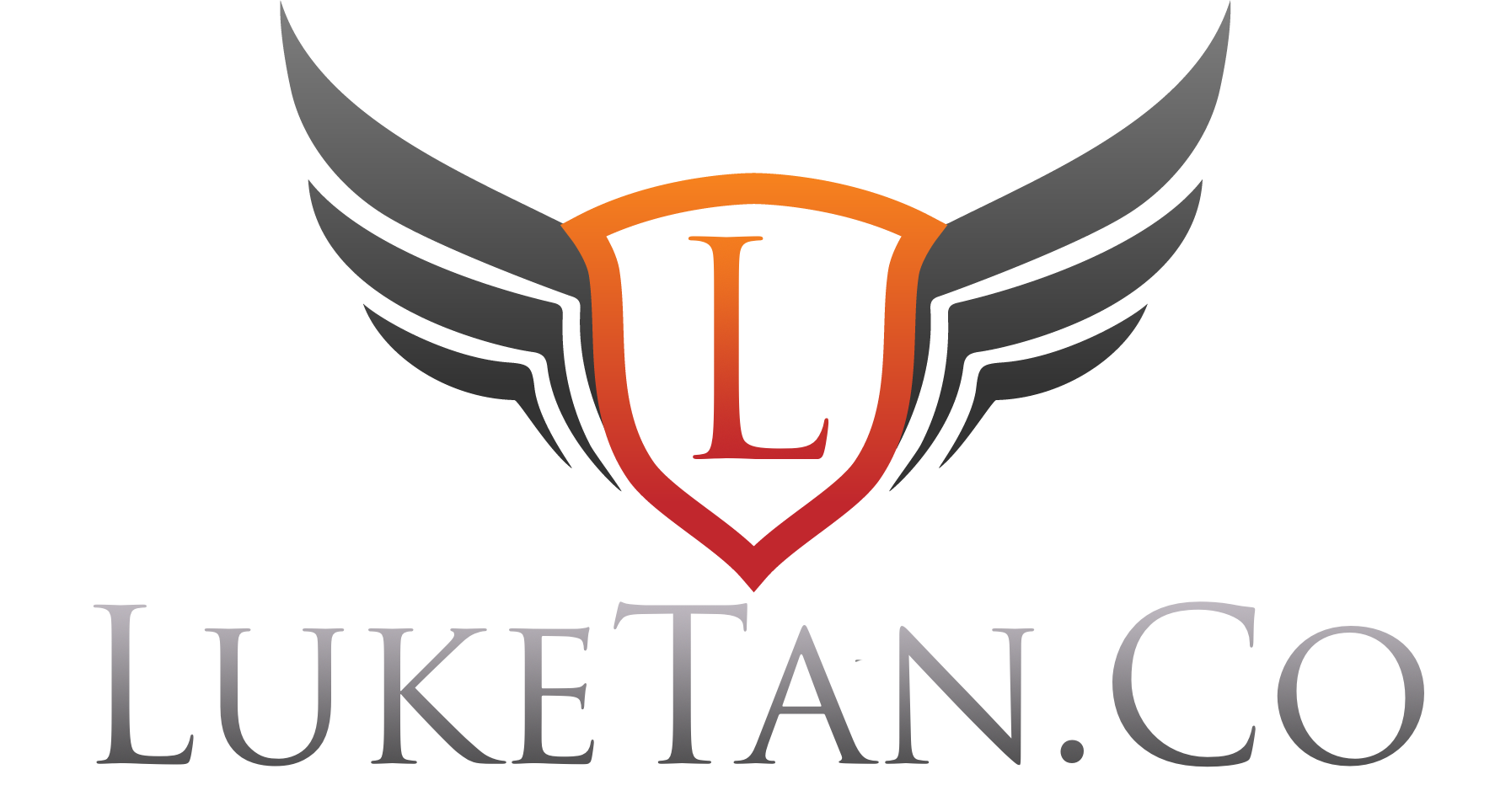The Science of Breathwork for Stress and Emotional Regulation
I don't know about you but for me, the festive season in Singapore brings a mix of joy and stress.
Christmas lights sparkle on Orchard Road, carols fill the air, and families reconnect. Yet beneath the cheer, the pressure builds..crowded malls, endless to-do lists, and year-end demands pulling us in all directions.
As someone with racing mind, overactive nervous sytem, I know this struggle well. The excitement often collided with mental chatter, leaving me overwhelmed and frustrated. Trying to control my environment around me (from a fear of lack of control in some ways).
But everything shifted when I discovered breathwork and the power of my own heart.
Science shows the heart and brain are constantly connected, and this relationship shapes how we handle stress. I have learnt that emotional unease can be transformed through simple, intentional practices. By tuning into my heart, I found a way to celebrate the joy of the season without getting too lost in the noise.
The Heart of the Matter
The heart isn’t just a pump. It’s a highly intelligent system that communicates with the brain in four ways - through electrical signals, pressure waves, hormones, and even electromagnetic fields. The messages sent by the heart directly influence how you think, feel, and perform.
Positive emotions like gratitude or love create smooth, coherent rhythms in our heartbeats, which improve focus, creativity, and recovery. But negative emotions - anxiety, frustration, or overwhelm - disrupt these rhythms, causing chaos not only in how you feel but in how you function.
When I first heard this, it clicked. Those times when I’d “spiral” with a bazilion thoughts, tasks with my ADHD mind? It wasn’t just in my head. My emotions were out of sync with my physiology. The best thing? I can now do something about it.
Breath: The Bridge to Resilience
Enter Heart-Focused Breathing - a deceptively simple practice with profound effects. By focusing on my breath and visualizing it flowing through my heart, I started to notice subtle but significant shifts. The inner noise softened. My energy felt less frantic, more grounded. Over time, I found myself recovering faster from stress, with more clarity and focus.
Science backs this up. By practicing breath techniques, we can train our bodies to enter a state of coherence - a harmonious rhythm between our heart, brain, and nervous system. This isn’t just about “feeling calm”; it’s about building resilience at a physiological level, creating a new baseline that supports better focus, energy, and flow.
Practical Tools for Everyday Life
Here’s how you can get started:
Recognize Your Emotional Drains: What emotions leave you feeling depleted? What are your dominant emotions? Fear, anxiety, frustration, guilt, shame? Awareness is the first step in changing your patterns.
Practice Heart-Focused Breathing: Sit comfortably, place your attention on your heart, and breathe deeply, channeling air flow in and out of your heart or chest region, imagining each breath bringing calm and renewal.
Anchor Positive Emotions: While breathing, recall a moment of love, peace, gratitude or calm. This small shift can have a big impact on your body and mind.
For me, this has become a daily practice. Whether I’m preparing for a busy day or recovering from an overstimulating moment, I turn to my breath. Each inhale becomes a reminder that I have the power to choose how I respond, how I feel, and ultimately, how I show up.
Why This Matters
As someone who now works with those wanting to focus, perform better both physically and mentally, I see the transformation this can bring.
Stress doesn’t have to be our default. By tuning into your breath and aligning your heart and mind, you can tap into a resilience you may not have known you had. Just like I did during my 20XL SealFit evolution a while back.
This isn’t about perfection...it’s about minute by minute, day by day progress. About giving yourself the tools to meet life’s challenges with a little more clarity, strength, and grace. If you’re ready to explore this journey, start with your breath. It could change everything.
How do you manage your stress, and what tools have worked for you?
Finding respite. Looking forward to 2025 working alongside REKOOP to create protocols and programs for focus and flow!


